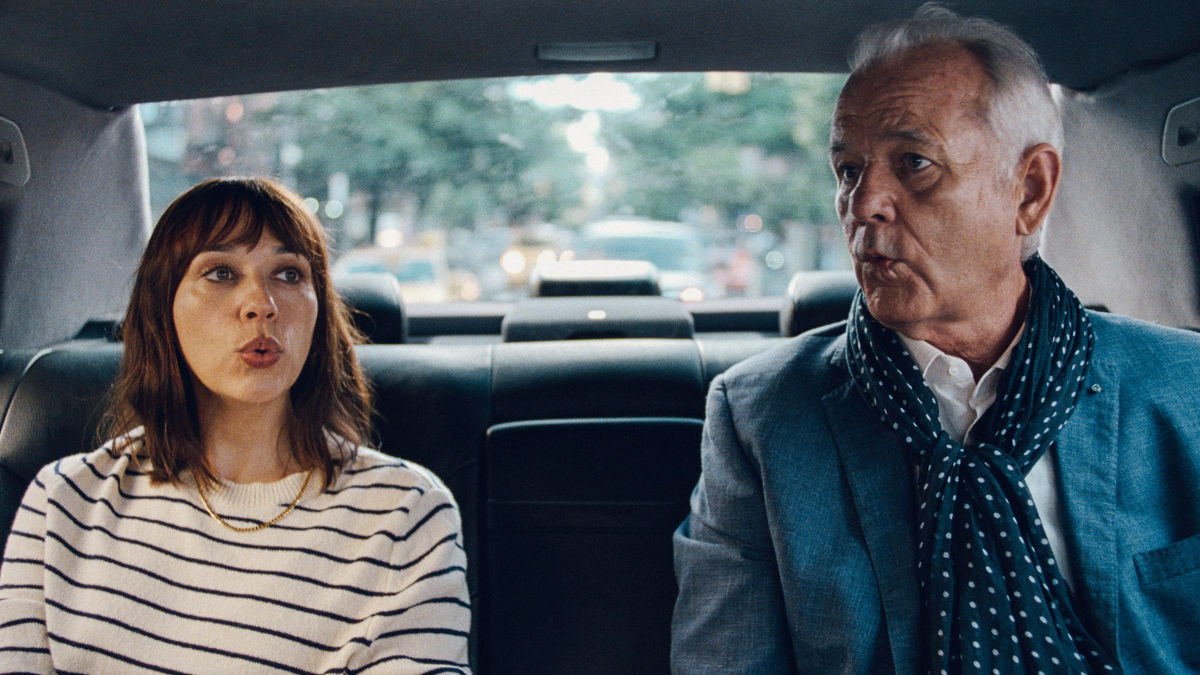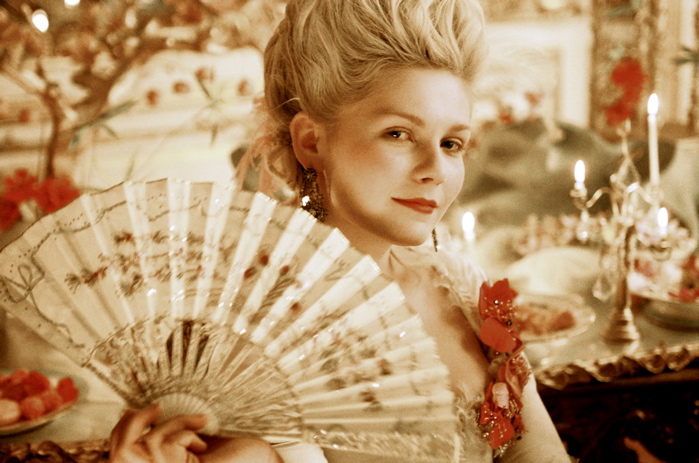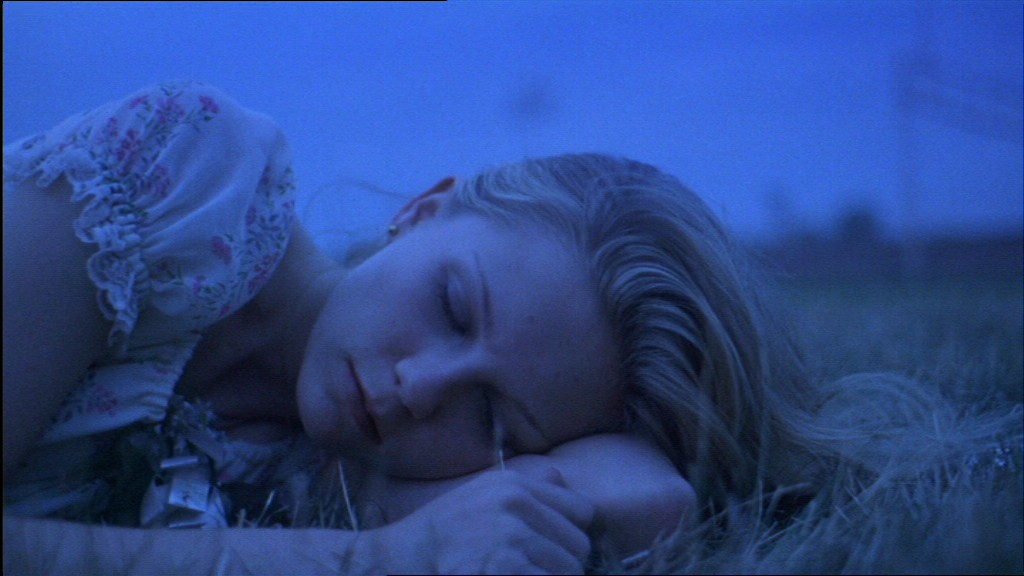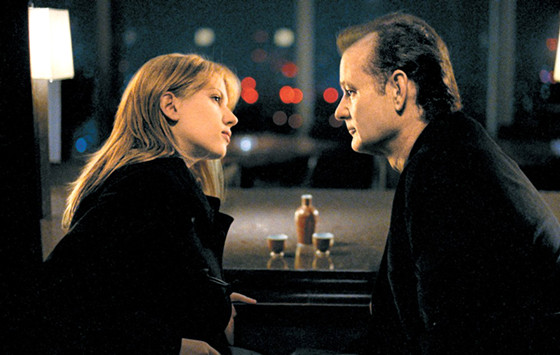4. On the Rocks (2020)

Coppola’s newest film is unlike anything she’s done before in that it is a lighter, more crowd pleasing caper. With obvious nods to the 30s screwball films of Frank Capra and Howard Hawks, the film explores strained father-daughter relationships, maternal anxiety, and the taxation of parenthood in a more digestible, polished way. However, that doesn’t mean the film lacks the wisdom of Coppola’s other films.
Rashida Jones gives a terrific performance as Laura Keane, a writer and mother who grows suspicious that her husband (Marlon Wayans) is having an affair. Jones is able to feel hapless without being pathetic, and her character’s anxieties about not being appreciated never feel unjustified. In fact, it’s the appearance of her father (Bill Murray, in a dynamite performance) that pushes her to make the ridiculous decisions a character would make in a comedic caper like this.
Murray is just as playful as he’s ever been, and the film examines how he lives out his own fantasies through his daughter and how unsubstantial his behavior really is without ever pursuing it to an uncomfortable degree. While the consequences of each character’s actions may feel minimal, Coppola still treats them with the heartfelt sincerity that proves that they’ve each learned something. It’s a sign of a master filmmaker when a director can make mainstream entertainment that’s this witty and heartwarming.
3. Marie Antoinette (2006)

Often billed as Coppola’s most underappreciated masterpiece, Marie Antoinette’s reputation has only improved after it was infamously booed at the Cannes Film Festival. The film is perhaps best known for its radical departure from traditional period pieces, as it utilizes modern music and editing techniques to make for a living pop art spectacle. Under the guise of this lavish production is a biting take on the corrupting nature of power and the plasticity of time honored traditions.
At the center of the story is an illusion of choice; Marie Antonitette (Kirsten Dunst) is gifted and traded as property, and as much as she attempts to reclaim her identity through excess, her fate was sealed by decisions that were out of her hands. Dunst is able to make this loss of innocence both tragic and humorous, particularly as Marie’s expectations of romanticism are routinely crushed. Jason Schwartzman also gives one of his best performances as her husband, the sexually incompetent Louis XVI.
Beneath the royal infighting and humorous depictions of stately traditions is the undercurrent that these powerful characters know nothing of the people they govern or the historical context that surrounds them. The fact that these elements are so subdued speaks to how much of the film is from the title character’s perspective, and Dunst is able to successfully become both timid and ignorant. It’s an exciting rendition of history that makes the story accessible through a modern perspective.
2. The Virgin Suicides (1999)

Many of Coppola’s signature traits, namely her hazy environments, impressionist influences, dreamlike sequences, and existential characters, can all be traced back to her standout debut film. Based on the acclaimed novel by Jeffrey Eugenides, The Virgin Suicides seems poised to be a mystery, yet it leaves the viewer with more questions. Five adolescent sisters from a suburban, upper-middle class family take their own lives, and beneath the tragedy are only fleeting explanations by the film’s male characters.
The key to the film’s genius is Coppola’s perspective on youthful ignorance. The teenage boys fascinated by the Lisbon sisters view them as having an ethereal grace and metaphysical mystery, as they are only privy to the qualities and desires of the sisters that they are personally interested in. They couldn’t understand them in life, and their search for a clear meaning in their deaths identify the youthful obsession with closure and incomprehension of tragedy.
A wondrous visual achievement, Coppola mines all the tragedy and beauty out of the situation through picturesque sunsets and landscapes, with a revolving first person narration that gives the film its removed sense of retrospective. It’s one of Coppola’s most rewatchable films, as the viewer can piece together pieces of the larger story by considering how subjective these memories really are.
1. Lost in Translation (2003)

Fleeting moments of connection are at the heart of Lost in Translation, Coppola’s funniest, most heartfelt, most profound, and best film to date. The barriers of gender, celebrity, age, and perspective can be bridged through a connection forged purely on the basis of being secluded from what feels like a “normal” living. Both faded movie star Bob Harris (Bill Murray) and recent college graduate Charlotte (Scarlett Johansson) are in positions where they’re expected to be satisfied, but their chance encounter during a Tokyo vacation only develops further when they identify a familiar sense of disconnection within each other.
Coppola’s genius script never quite goes the romantic route, despite the flirtatious banter, rather focusing on the deeper connections that form because of the characters’ empathy. There’s room for both Bob and Charlotte to sound misguided and even self-centered, because they’re both getting the chance to be heard after so many moments of silence (Bob in his thankless promotional job and Charlotte with her seemingly uncertain marriage to a celebrity photographer). Through seemingly unconnected escapades, the two share tender moments of escapism from the individual weights of their realities.
This is the heftiest dramatic work of Bill Murray’s career, but rather than ignoring his legendary charisma as a performer, Coppola chooses to develop it further. Murray gets moments to exercise his snappy, quick-witted humor, particularly during his hilarious scene doing a photography session, but the film also dwells on how the bit has gotten tired. Johansson too gives one of her most sensitive performances, as she questions if the issues within her own marriage are bound to manifest into the same ones that Bob faces in the 25th year of his.
One of the definitive postmodern love stories, Lost in Translation is Coppola at her best, using moody and melancholy fragments of existence to touch on moments that could feel inconsequential. Coppola didn’t set out to make any definitive statements, and given the film’s loose narrative structure and clever reworking of tired tropes, it’s no wonder that it’s ascended into the lexicon of modern classics and is consistently ranked as one of the best films of the 21st Century. Coppola has worked for years to experiment with new genres and types of storytelling, but it’s hard to see her ever topping the perfection of Lost in Translation.